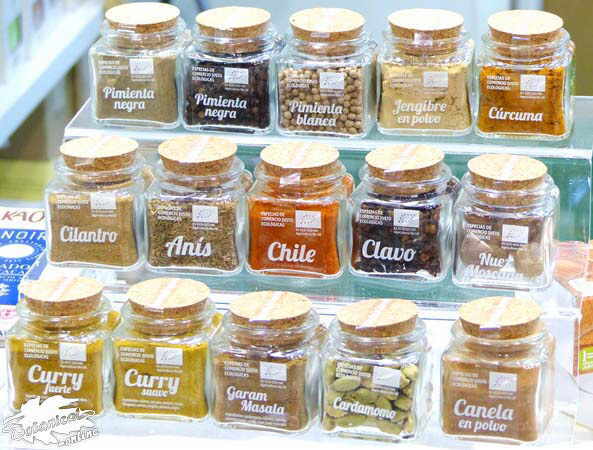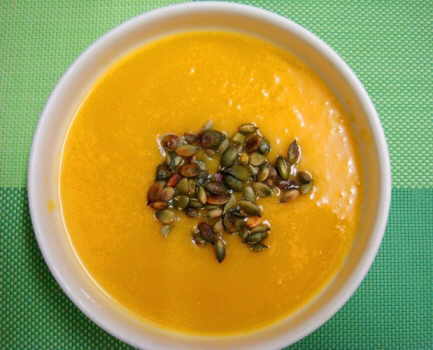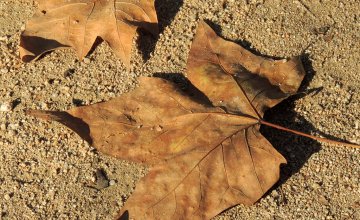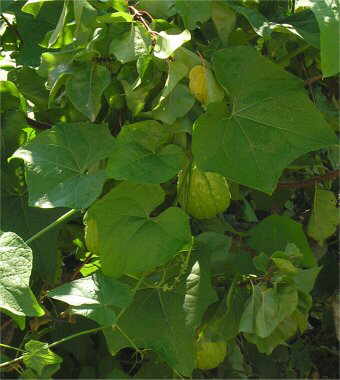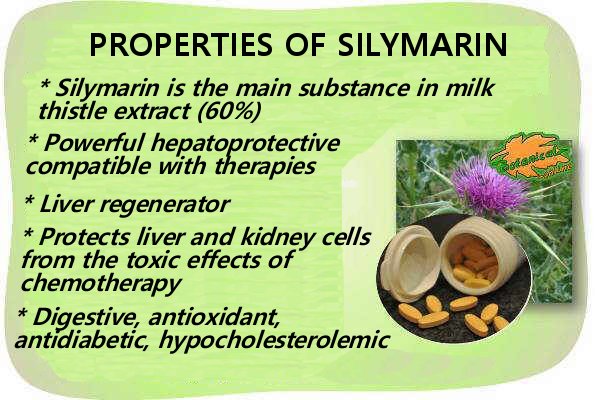Calcium-phosphorus relationship in the softening of the bones
What is the relation between phosphorus and calcium in bone loss?
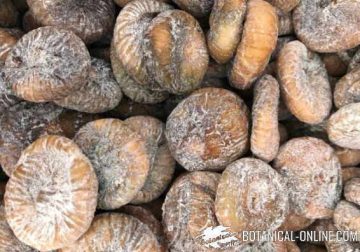
Decalcification of bones involves several factors. Among them, one of the main characteristic is “The Calcium-Phosphorus Ratio“.
The adequate relationship between both minerals is necessary for the balance between the two minerals. That is to say, if we find more or less of one of these minerals, the results for bone mass will be different.
If the food contains more phosphorus, it is considered a decalcifying food (A ratio lower than 0.8). There will be a demineralization (loss) at the level of calcium from the bones, leaving them “empty” inside, weak and fragile. (If the ratio is 0.7, it is considered acceptable, due to the difficulty of performing an actual calcifying diet).
If the food contains more calcium than phosphorus, it is considered a calcifying food and the ratio will be greater than 0.8. Remineralization of calcium in the bones will occur, forming a strong and solid structure.
Why a softening in the bones can take place?
If our diet consists mostly on foods that contain more phosphorus than calcium, we consider it “bone-decalcifying”. If this occurs, the tendency is that our bones should make up for that lack of calcium and therefore, our body will extract this mineral from bones, so our bones will become increasingly weak and fragile.
On the contrary, if our food supply is predominantly richer in calcium than in phosphorus, we consider it “bone-calcifying”. If this occurs, the tendency is that our bones should not compensate for the lack of any structural mineral and therefore they will be able to manufacture and maintain all the bones and teeth of our body in good condition.
So, What is the best diet for our bones?
Therefore, our diet should be varied enough to maintain the necessary balance between the two minerals.
We should note that it is easier to meet the needs of phosphorus than calcium in our diet, so, it is recommended to give preference in the consumption of foods that have a higher calcium content compared to other foods.
What consequences are involved in the softening in the bones?
If we maintain or prolong a state of bone softening, caused by improper and unbalanced diet, it can cause the appearance of a disease called osteomalacia or favor osteoporosis and their serious consequences.
If we maintain a correct and balanced diet with a calcifying balance, we can help prevent the onset of these diseases.
Also, bones are constantly regenerating and balance (with a calcifying diet), but after 40 years of age, bones regeneration tends to be unbalanced and the loss of their mineral content takes place. That is, they become weaker and gradually more eroded because they tend to lose more minerals, rather than to take them.
This is an unchangeable process, implicit in the age of the people, therefore, we should not aggravate it with a decalcifying diet, which would worsen this process much further increasing losses of bone mineral, making them more brittle even faster and increasing massive potential of outbreaks of severe osteoporosis with irreversible consequences.
What is recommended to avoid the softening of the bones?
Throughout life, a supply with a positive calcifying balance should be carried out, especially in periods of growth, when the bones and the body structures are formed, and these should be kept in right conditions for the rest of our lives. If we do not build strong and resilient bones from the beginning, it is unlikely for them to be maintained properly.
This does not mean we can not consume decalcifying food, or that this type of food is bad for health. What it means is that, like in any healthy diet, there should be a balance, so, to attain it, our diet should contain the maximum possible variety of foods.
Therefore, we can alternate calcifying effect foods with other decalcifying ones in order to to maintain the calcium-phosphorus balance in our diet.
To carry out a balanced, varied, calcifying diet, that can provide full benefits, we must know what foods are calcifying and which ones are decalcifying:
- Foods that calcify our body. (Foods that help get the body to regain calcium)
- Foods that decalcify our body. (Foods that contribute to loss of calcium)
![]() More information on calcifying diet.
More information on calcifying diet.


